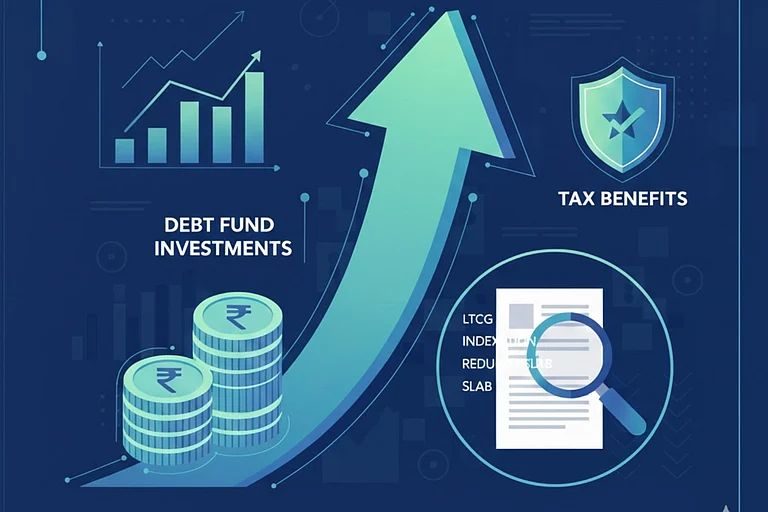The Securities and Exchange Board of India (Sebi) has modified its June 27, 2024, master circular to provide greater flexibility to mutual funds to buy and sell credit default swaps (CDS), subject to adequate risk cover, it said in a circular on Friday.
The regulators said the flexibility could serve mutual funds as an additional investment product, provide investors with more options, increase corporate bond market liquidity, and promote the development of the securities market. Under the existing regulatory framework, the circular said mutual funds can only participate in CDS transactions as users, i.e., to buy credit protection only to hedge the risk on corporate bonds held by them. Furthermore, they can undertake such transactions only in fixed maturity plan (FMP) portfolios with a tenour of over a year.
The decision comes following the Reserve Bank of India’s (RBI) revised master direction for CDS on February 10, 2022, which sought to provide the necessary impetus for the development of the CDS market and expand the protection seller base, including selling of protection by all major non-bank regulated entities such as mutual funds. Sebi said that its working group had consulted various stakeholders, such as the Advisory Committee on Mutual Funds (MFAC) and the Association of Mutual Funds in India (AMFI), regarding CDS before passing its decision.
The regulator said: “Such flexibility to participate in CDS shall serve as an additional investment product for mutual funds and also aid in increasing liquidity in the corporate bond market.”
Buying and Selling of CDS by MFs
Sebi said MFs can buy CDS only for of hedging their credit risk on debt securities they hold. Also, the CDS exposure should not exceed the respective debt security exposure.
If the protected debt security is sold, mutual fund schemes must ensure the respective CDS position is closed within 15 working days of selling the protected debt security.
Further, the exposure of any protected debt security will be considered as exposure to either issuer of debt security or seller of CDS, whichever has higher credit rating, to determine single issuer, group, sectoral limits and credit risk for various purposes including Risk-o-meter.
The regulator has also directed the mutual funds to buy CDS only from sellers that have instruments with lowest long-term investment grade and above rating.
And they can only sell CDS as part of investment in synthetic debt securities, i.e., sell CDS on a reference obligation covered with cash, G-Sec, and T-bills. Overnight and Liquid schemes, however, cannot sell CDS contracts.
It stressed: “Government securities with maturity within +/- 6 months of the maturity of respective debt security (reference obligation) shall act as cover and such cover may be used for maintaining margin requirements on respective CDS.”














